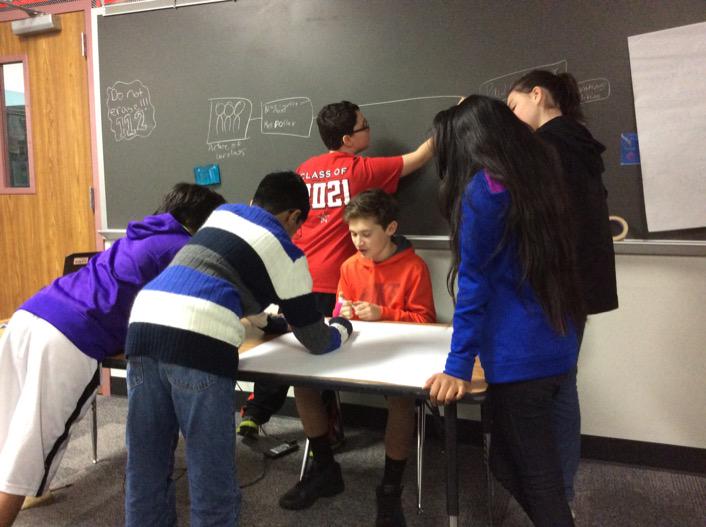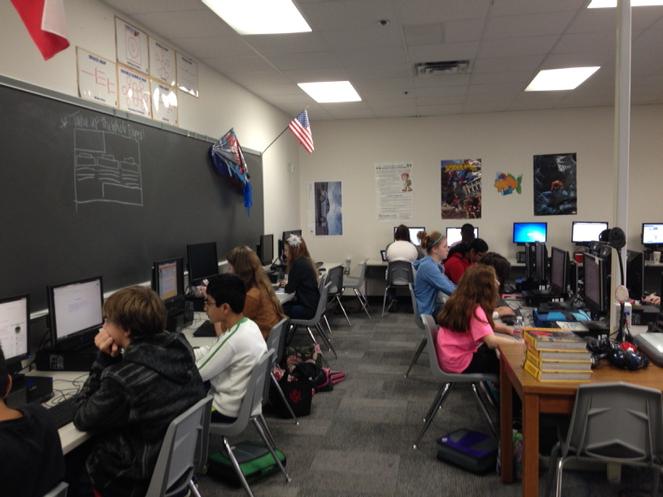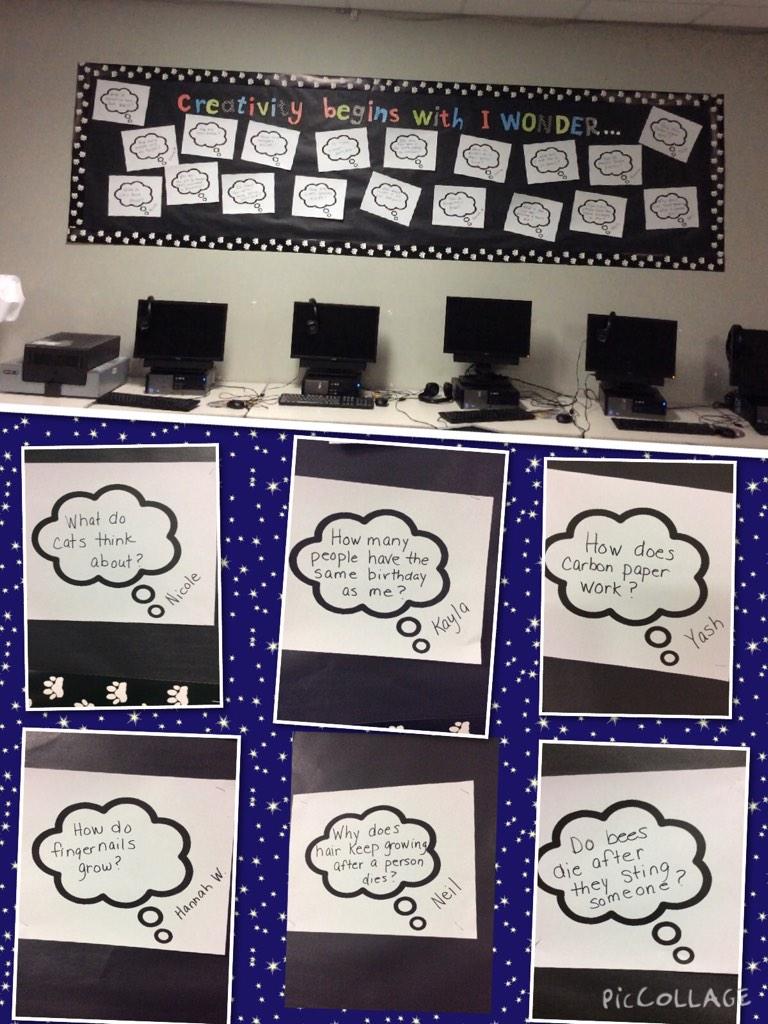 |
| Nancy Drew Vintage Books |
Line by line, I painstakingly formed my letters, capitols and lowercase, meticulously connecting to the lined boundaries on the paper. My ambition was to craft a story about a forest plant so rare and mysterious, the plant could not be found in my fourth grade Science textbook. It was, however, hidden in one of the volumes in an Encyclopedia Britannica which sat on a shelf at my Grandparent's farmhouse.
Back Story:
As my Papa tells it, he had been sucker punched into buying a set of leather-bound Encyclopedia Britannicas by a door-to-door salesman. Who can put a price on knowledge? History is history and they'll never be out of date! What better gift than to leave the gift of knowledge as an inheritance to your children, grandchildren, and great-grandchildren! the salesman (most likely) pitched.
Back Story:
 |
| Vintage 1952 Edition |
And so my Grandparents bought the 24 volume set and autobiographical addition for more money than they care to admit. But like many Americans in the 1950's and 1960's, having a set of encyclopedias in one's home was like having the internet today. If you owned Encyclopedias, well, you had the world of knowledge at your fingertips. To the elation of my Grandparents, I was carefully taking notes on the bit of information I could decipher about this one-of-a-kind plant. I suspect I wrote something to this effect:
 |
| Yes, Mrs. Killjoy. This is a real plant. |
2. Ghost plants do not use Photosynthesis.
3. Ghost plants do not have chlorophyll and are transparent.
As I scripted my story during class, I defaulted to my imagination and filled in the blanks for pieces of information I had failed to include. I also did not understand the difference between a "book report" and a "story." When my name was called, I handed my "story" appropriately titled "The Ghost Plant" to my fourth grade teacher. The next day my "story" was handed back to me with a C- on the cover.
As a further act of humiliation and shame, Mrs. Killjoy (not her real name) wrote in ominous red ink next to my title: THERE IS NO SUCH THING AS A GHOST PLANT.
In one swoop of her evil pen, Mrs. Killjoy had squashed my excitement and confidence. My aspirations of becoming a mystery writer had both been born and died in fourth grade.
Moments like these, are forever stamped in our childhood memories, and if we are not careful, can begin to shape our self-image as a writer and as a person.
I recalled this story last summer while working with a reluctant seven-year-old writer named Conner. He is vivacious, talkative, and loves to read about sharks. He also hates to write. When I asked him why he didn't like to write he answered, "It takes too long!"
"What if you could write about sharks and you could write as little or as much as you wanted?" And to close the sell I added, "And you won't have to rewrite to make corrections."
 |
| 3D color page by @quivervision |
What did I notice? He had written "rose" instead of "rows."
But that was NOT what Conner needed to hear. He needed to know that he could use writing as a way to communicate. He needed to write about anything he wanted and read by (not corrected by) an authentic audience. Conner needed to have the freedom to write with confidence without a writing teaching saying, "Now go back and correct..." which is like saying to a emergent writer, "Your writing isn't good enough."
 |
| Rose instead of rows |
In a world of high stakes testing in fourth, seventh, and ninth grades, we are thrown into a very real conundrum. How do we affirm children's writing and teach the skills needed to become effective communicators? How do we embrace "teachable moments" without shutting down a struggling writer?
What if we, as educators, stepped back and paused before marking up a child's writing and comparing against a 6 point rubric? What if we pledged to ourselves: Before I have the right to correct, sit down, point out your errors, I will affirm you as a writer who has something important to say?
Assessments will come and go...but valuing (or devaluing) a child's voice will stay with them forever. When we give them a voice we empower them to make changes in their own lives, their community, and the world.
Assessments will come and go...but valuing (or devaluing) a child's voice will stay with them forever. When we give them a voice we empower them to make changes in their own lives, their community, and the world.
The question is, "Are we listening?"
Confession Reflection:
- Have you ever experienced a time when your writing was not affirmed by a teacher? How did this impact your attitude towards writing?
- How do we cultivate a generation of confident and creative writers while teaching the necessary skills to be effective communicators? i.e. blogging, interactive writing.
- How can we Differentiate Instruction for diverse writers such as in RtI, economically disadvantaged, ELL learners? Is differentiation a fair practice? Why or why not?
Click to read an excerpt from Katherine Bomer's book, Hidden Gems.





